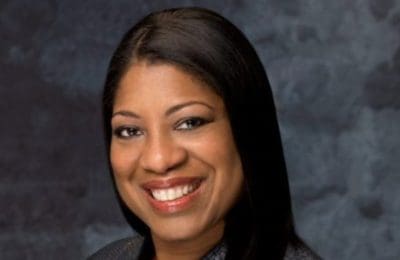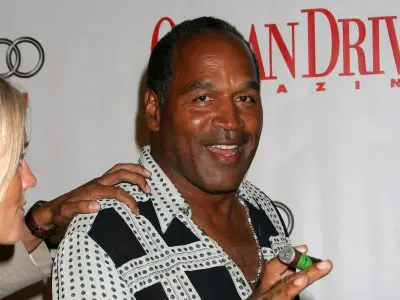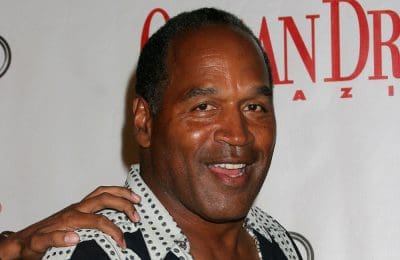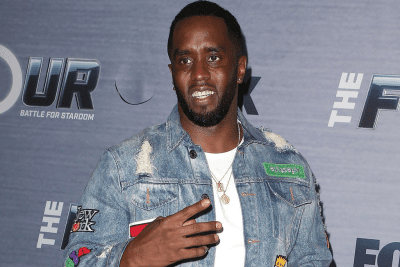Ensuring the safety of our communities, especially for children, is a top priority for many. Unfortunately, one of the potential threats to this safety is the presence of pedophiles in our neighborhoods. This concern underscores the importance of taking proactive steps to identify and address such threats, thereby enhancing the overall security of our communities. By understanding the nature of the threat of pedophiles and the behaviors associated with them, we can better equip ourselves to identify and respond to suspicious activity. Additionally, we will discuss the importance of community engagement and vigilance in maintaining a safe environment for everyone.
Understanding the issue
Pedophilia is a serious concern that can have devastating effects on victims and their families. It’s important to understand that not all individuals who have committed sexual offenses are pedophiles, and not all pedophiles have committed offenses. However, being aware of the signs and taking proactive steps can help protect children.
Researching local databases
Many communities maintain public databases of registered sex offenders, including pedophiles. These databases are often accessible online and can provide information about individuals living in your area who have been convicted of sexual offenses. Checking these databases can help you identify potential risks in your neighborhood.
Talking with neighbors
Building a strong sense of community can help keep everyone safe. Consider talking to your neighbors about your concerns regarding pedophiles in the area. They may have valuable insights or information that can help you better understand the situation.
Monitoring online activity
The internet has become a common tool for pedophiles to connect with potential victims. Monitoring online activity, especially of children, can help prevent inappropriate interactions. Educate yourself and your family about online safety and consider using parental control software.
Recognizing the signs
While it’s important to avoid jumping to conclusions or engaging in vigilantism, being aware of the signs of pedophilia can help protect children. Signs may include an excessive interest in children, a lack of appropriate boundaries or grooming behaviors.
Reporting suspicious activity
If you have reason to believe that someone in your neighborhood may be a pedophile or is engaging in inappropriate behavior, it’s important to report it to the authorities. You can contact local law enforcement or child protective services to make a report.
Safeguarding our neighborhoods demands a proactive approach and a united front against potential threats like pedophiles. By comprehending the issue and familiarizing ourselves with local databases, we can better equip ourselves to identify risks. Engaging with neighbors fosters a sense of community and enables us to share insights and concerns, further enhancing our ability to keep our neighborhoods safe.
Monitoring online activities, particularly those of children, is crucial in today’s digital age. Understanding the signs of pedophilic behavior empowers us to recognize and address suspicious actions effectively. Most importantly, promptly reporting any concerning behavior to the authorities is essential in preventing harm and protecting our communities.
Collectively, these actions can significantly mitigate the risk of pedophiles in our neighborhoods. Through our combined efforts, we can create safer environments where children can thrive without fear.
This story was created using AI technology.











One Response
In this article, you say “It’s important to understand that not all individuals who have committed sexual offenses are pedophiles, and not all pedophiles have committed offenses.” This is true. However, the rest of the article ignores this. You advocate for neighbors to form a united front against pedophiles, and advocate to “mitigate the risk of pedophiles,” even though you admit that CSA can be committed by people who aren’t pedophiles, and not all pedophiles abuse children.
Really, you should advocate against child abuse, and define abusers by their crime. Calling them child abusers, molesters, offenders, or even predators makes it so you don’t blame people whom you’ve said don’t offend, and so you don’t ignore people not covered by inaccurate labels.
I guess this lack of critical thinking is what we get when we use AI to do the work of humans.